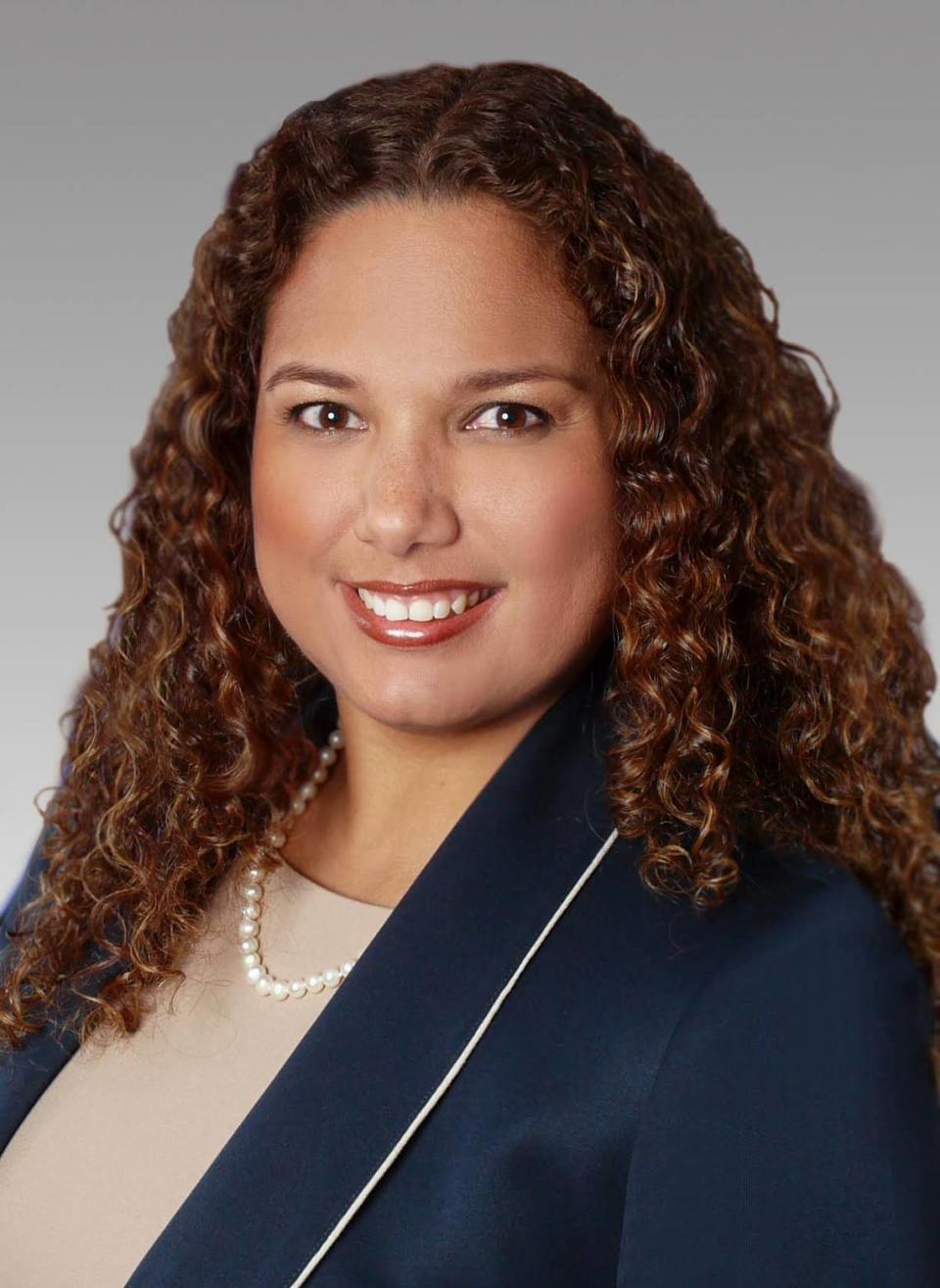Respectful conversations can be an effective way to build community | Opinion
Sixty years ago, two young friends, raised in Miami, decided to create a place where they could make a living and enjoy going to work every day. They valued integrity, fairness, professional responsibility and joy at work. They were deeply embedded in the Miami community, supporting causes they believed would make this a better place.
That firm, Kaufman Rossin, has about 600 employees today, and it’s the top independent accounting and consulting firm in Florida. I’m proud to be part of it.
Miami is a different place today. When the firm was founded, about 10% of Miami residents were foreign-born; now more than 54% were born in other countries. Women were just beginning to enter the paid labor market in the ’60s; now approximately 60% of accounting graduates are women. Back them, Miami was a city divided — the first school in the county had just been desegregated in 1959.
As the firm has grown, our vision remains clear: to foster an inclusive culture that encourages different perspectives and lets all our employees thrive professionally and personally, regardless of their backgrounds.
Leaders in the firm now come from Ecuador, Vietnam, India, Cuba, New York, Indiana, Miami and many others places. We seek talent that can help us grow and help our clients succeed. And to work together, we need to understand each other.
People rely on their experiences. We tend to gravitate toward people similar to ourselves. Meeting people who are different can challenge our brains. If we can’t learn more about each other, we may make assumptions and rely on stereotypes. Our unconscious biases kick in, and blind spots get in the way of seeing each other clearly.
At a firm meeting this year, I shared my experiences of being underestimated because of my accent, gender and age. At one important meeting to represent a client, for example, the roomful of professionals assumed I was too young to be the international tax partner in charge of the matter. Risk advisory partner Bao Nguyen, one of the firm’s strongest relationship builders, told us he had been stereotyped, earlier in his career, as someone more technical, not someone who could sell. If our firm wasn’t open to embracing each member’s authentic professional self, neither of us could have succeeded.
That’s why learning opportunities are so important. YWCA South Florida’s Community Justice Challenge has been a great resource. As a founding sponsor and participating firm for four years, we’ve made this excellent source of education available, on a voluntary basis, to our entire firm. This year a group of us have been learning about topics in four areas: disability, housing, music and mental health.
Some of the content has been eye-opening, like the examples of ability privilege. It hadn’t occurred to us to appreciate things like, “I do not have to fear that important decisions about my life will be made by others who are considered more qualified based on their ability status.” When we studied housing, we were surprised and disturbed about the walls that were built to physically divide our Miami community. We found the housing discrimination against the LGBTQ community — from youth to senior citizens — shocking.
One of the most powerful elements of the Challenge has been the opportunity to start conversations. “What moved you?” we ask each other. “What actions are you going to take as a result?” We respect where each person is on their journey, and we suspend our right to be offended because we are not always able to communicate perspectives perfectly. We believe that just starting these respectful, voluntary conversations is a big step in the right direction.
And the conversation doesn’t stop when the Challenge ends. You can join YWCA South Florida and keep the conversation going year round. Learn more at ywcasouthflorida.org.
At 60, our firm is endlessly curious. We’re building toward a future where power and possibility aren’t dictated by age, race, national origin, gender or preference. We’re eager for a time when our differences are embraced as strengths. Within Kaufman Rossin and in our community, the best way we know to learn and grow is to talk.
Maria Toledo is an international tax principal at Kaufman Rossin and the chair of the firm’s Diversity, Equity and Inclusion Council.


